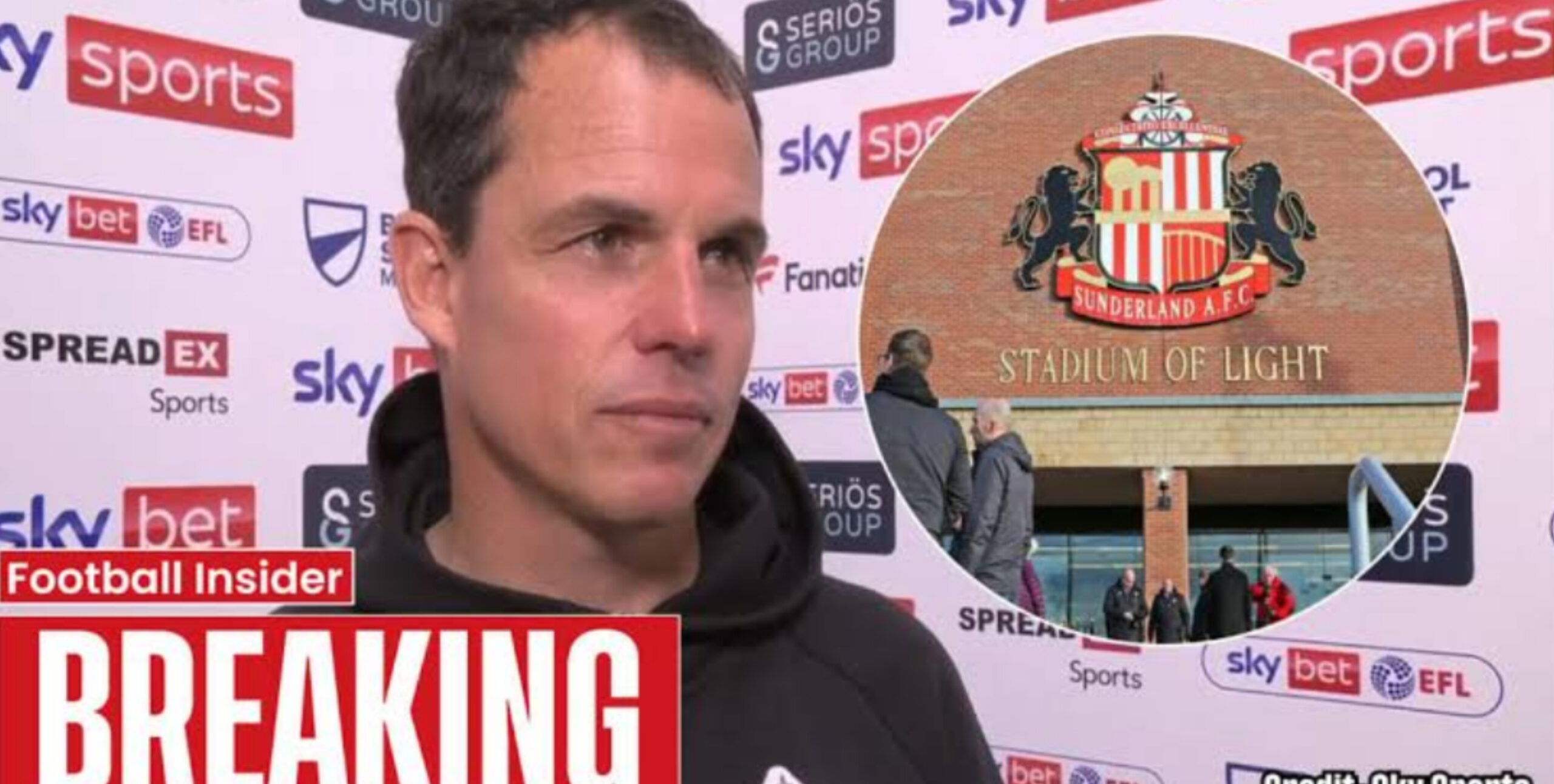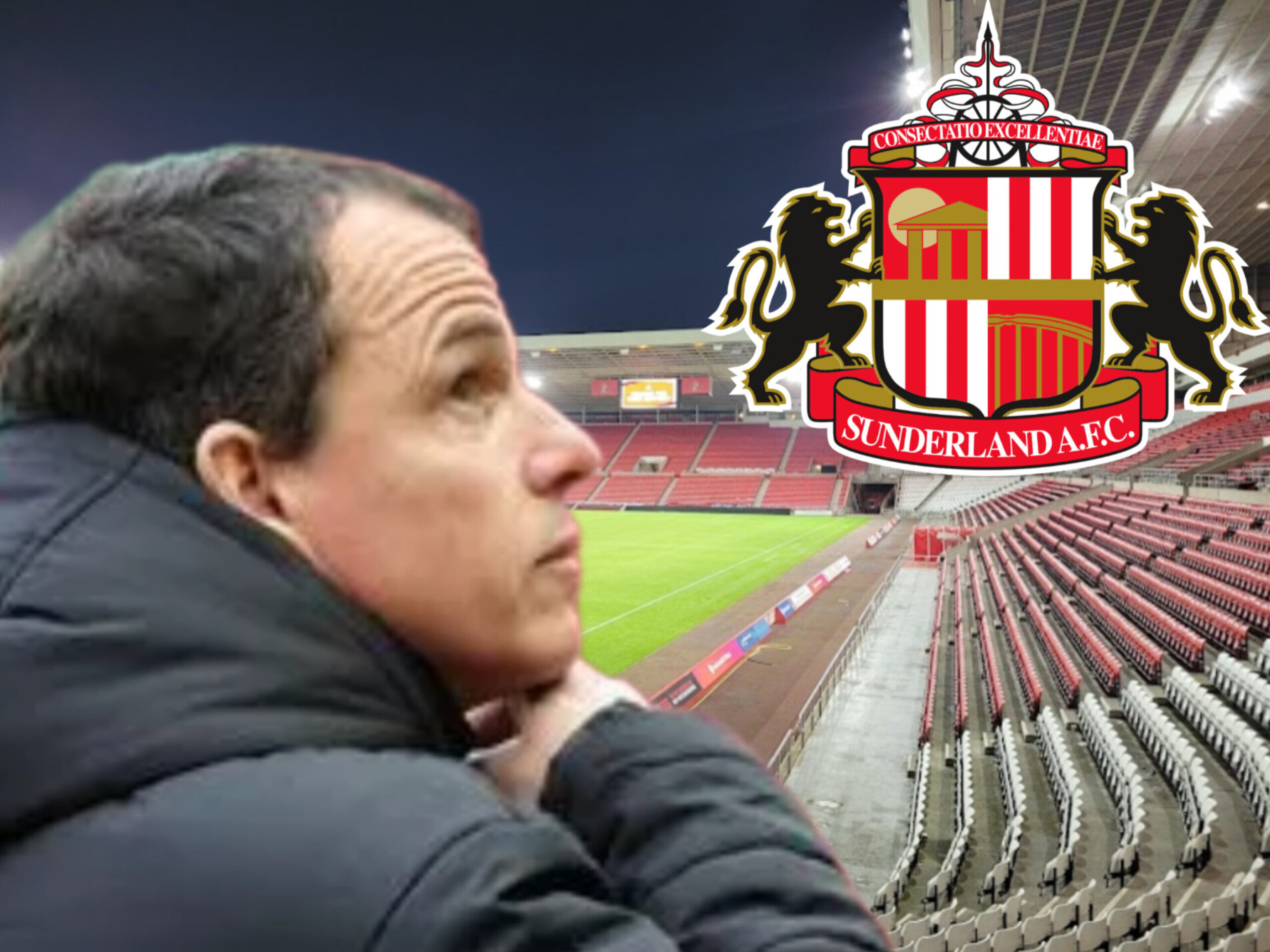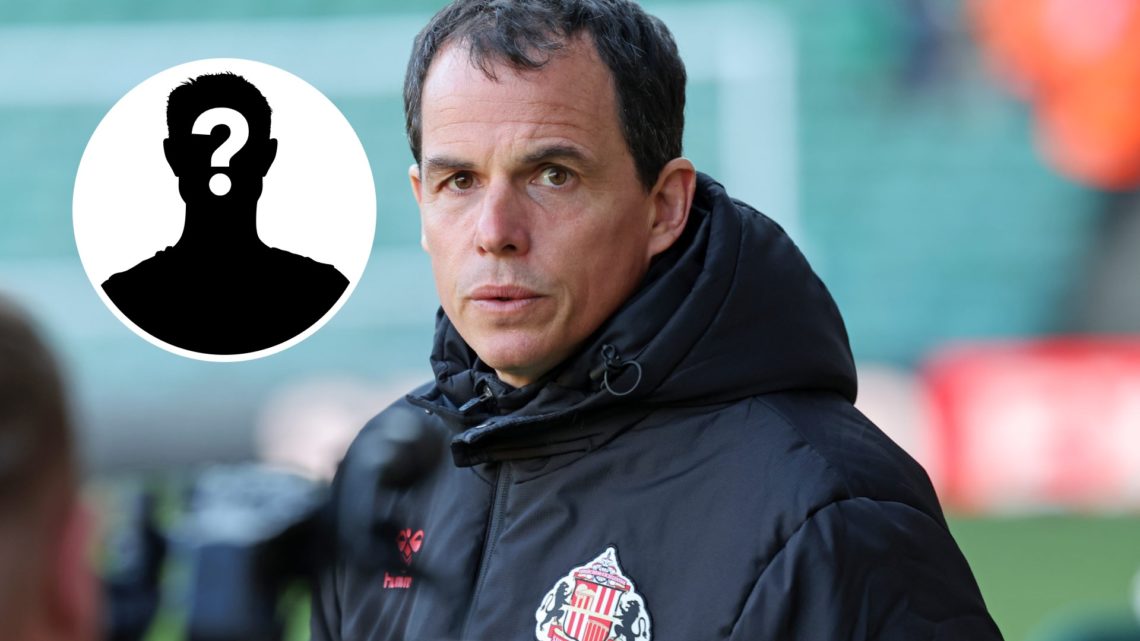Gary Neville and Ian Wright have echoed growing concerns surrounding the increasingly stark financial and competitive disparity between the Premier League and the Championship — a gap that’s proving nearly impossible for promoted clubs to bridge. Their comments come at a time when Sunderland, currently in fourth place and chasing Premier League promotion through the play-offs, may soon find themselves grappling with the same uphill battle.
The former England stars voiced their worries on *The Overlap* podcast, as the Championship looks set to endure yet another season where all three newly promoted sides fail to survive in the top flight. Southampton’s relegation is already confirmed, while Leicester City and Ipswich Town are teetering on the edge — a pattern that’s starting to look like the norm rather than an anomaly.
“We should be absolutely worried,” said Wright, pointing out the entrenched financial power of the Premier League’s mid-table clubs. “Seventeen clubs are consistently reaping top-flight revenues while the three promoted sides — whether it’s Leeds, Burnley, or Sheffield United — come up, struggle, and often drop straight back down. Meanwhile, clubs like Aston Villa, Brighton, Fulham, Brentford, and Bournemouth are establishing themselves and growing stronger every season.”
Neville, similarly alarmed, highlighted the structural issues that have long plagued the English football pyramid. “It’s not just about footballing performance anymore — there’s a massive financial gulf between the Premier League and the Championship,” he explained. “We’ve talked about it for years, but now it’s at a point where the cost to compete is astronomical.”
Using Nottingham Forest as an example, Neville described how promoted clubs often feel compelled to spend over £100 million just to try and stay afloat. “You end up carrying those Premier League wages back down if you’re relegated, and even with parachute payments, it’s a huge risk. Clubs are so fearful of that financial collapse that some are choosing not to gamble at all — hoping to punch above their weight without jeopardising their long-term future.”
That cautionary approach has become more common, and Sunderland’s promotion rivals Coventry City are acutely aware of it. Club owner Doug King recently addressed supporters on the issue, citing the financial distortions caused by parachute payments as a major obstacle to competitiveness.
Speaking at a fan forum, King revealed that Coventry continues to operate at a loss of £5–6 million per season, measured at the EBITDA level — a metric indicating operational cash flow. “The current system, with parachute payments for relegated clubs, creates a distorted landscape,” he said. “It forces clubs who want to be competitive to run with unsustainable losses unless they’re heavily funded by owners.”
King expressed hope that upcoming football reforms — including the much-anticipated regulation bill — will deliver more equitable financial redistribution throughout the football pyramid. “We need two things: a fairer flow of funds from the Premier League to the rest of the pyramid, and a serious rethink of the parachute payment system, which gives already advantaged clubs an even greater financial cushion.”
For Sunderland, the dream of promotion is alive — but the road ahead, should they reach the top flight, will be fraught with financial and competitive hurdles. As pundits and club owners alike call for systemic change, the need to address football’s widening economic chasm has never been clearer.






